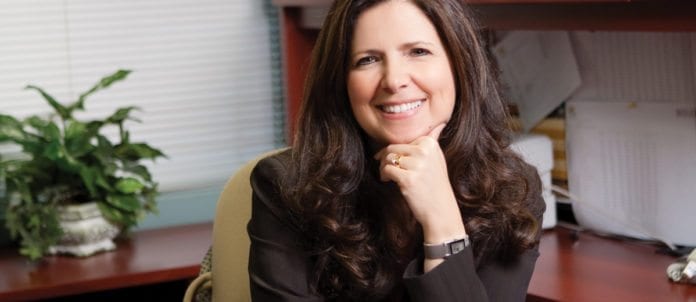Author Charles Dickens wasn’t writing about the restaurant industry when he penned the opening of A Tale of Two Cities in 1859. But his famous introductory sentence, “It was the best of times. It was the worst of times. It was the age of wisdom, it was the age of foolishness, it was the epoch of belief, it was the epoch of incredulity,” could certainly apply to today’s foodservice industry, where a tsunami of conflicting trends are hitting operators — so much it’s often challenging to understand what’s really going on.
As we near the end of 2015, restaurant operators have only to look at their sales receipts from the past year to determine just how healthy the year was. Perhaps, more importantly, they need to focus on what looms around the corner for 2016 and prepare to deal with it.
This month’s Hospitality Market Report (see story on p. 30) shows an industry in flux. On the one hand, the industry is evolving and growing, albeit at a slower pace than most would like to see. Perhaps more interestingly, the industry is caught between two worlds, one appealing to baby boomers — a demographic that still carries a lot of weight — and one increasingly focused on the growing influence of millennials. Furthermore, we’re living in a time when technology reigns supreme, where the rules of the game are changing faster than we can adapt to them and where what’s essential one day quickly becomes obsolete the next. Welcome to the new age of restaurant dining.
Certainly from my vantage point as someone who covers the restaurant industry, it’s fascinating to scratch below the surface of a simple meal to observe what works and what doesn’t and how service factors into the overall dining experience. So when I recently visited two restaurants within a few days of each other, and found both suffering from a lack of attention to the menu, it’s clear that despite how good the food and service might be, there’s a host of other issues that can detract from an overall dining experience.
Unfortunately, as much as operators scramble to be all things to all people, many don’t pay enough attention to the myriad details needed to succeed. It’s baffling that though we live in the information age, there’s a huge disconnect between what’s posted on a restaurant website, for example, and what a restaurant actually delivers. So when a customer visits a restaurant and is primed to order a menu item they see posted online, it would stand to reason they should expect to find that dish on the menu, and not be informed by a seemingly frustrated waiter that the restaurant hasn’t served that dish for more than two years (so why is it still on the website?). Similarly, when a customer orders a dish from a restaurant’s menu, they shouldn’t have to learn from the server that “oops I somehow gave you a menu from a few weeks ago; we no longer feature that dish.” Sure, mistakes happen, and in the grand scheme of things, they may not always seem like a big deal. But, at the end of the day, what customers should remember about their dining experiences is a series of memorable moments, not a bunch of failed shortcomings.
Volume 48, Number 8


















